Why Physicians Find Negotiating Challenging—and What They Can Do To Negotiate Better
For many physicians, the word “negotiation” conjures up stress, fear, anxiety and discomfort.
Most of us weren’t taught that negotiation is something we do every day—at work, at home, and in nearly every human interaction.
Whether we’re persuading a patient to change a behavior, deciding on a restaurant with a partner, or navigating parenting decisions, we are constantly negotiating.
Why do we find it so hard?
In medicine, we are trained to serve, to please, and to avoid conflict.
We were conditioned to believe that being a “good doctor” means self-sacrifice, not self-advocacy.
Our medical training teaches us to undervalue ourselves and to catastrophize anything uncertain or imperfect.
As a physician and coach, I’ve seen this pattern in both my clients and in myself.
Five years ago, I started my own business and suddenly found myself negotiating often.
It felt unfamiliar, uncomfortable, and scary.
Over time, and with constant reminding from my attorney husband, I have learned that effective negotiation isn’t about being aggressive or manipulative. It’s about clarity, mindfulness, and strategy.
Here are a few coaching and mindfulness strategies I have found helpful in changing my relationship with negotiation.
Each is informed by my understanding of the common thought patterns that I was taught as a woman in medicine, as well as the strategies I have learned from my attorney husband about effective negotiation.
If you want to hear expound directly on the topic of negotiating effectively, check out the Mindful Healers Podcast, Episode 175.
1. Breathe
Before, during, and after any negotiation, pause and breathe. Most physicians hold their breath most of the time. Breathing deeply helps regulate our nervous systems and allows us to stay calm, grounded, and clear-headed.
2. Ask for What You Want
You don’t get what you don’t ask for.
Many physicians have internalized the belief that asking for more is selfish or ungrateful. Negotiation starts with naming your needs.
Effective negotiators do not guess what the other side might be willing to offer—instead, they focus clearly and calmly state what they want and need.
3. Do Your Research—And Know Your Options
Understand what others in similar roles are paid or offered.
Assess the unique value you bring.
Avoid falling into scarcity or black-and-white thinking
Know your leverage and be realistic.
4. Know Your Worth—and Tell a Helpful Story
You are not “lucky” to be offered a job—they are lucky to have you.
Tell yourself and them a true story that highlights your expertise, your impact, and your value.
Avoid over- or undervaluing yourself.
Ground your ask in reality and strength, not in fear or inflated expectations.
5. Show Up Intentionally
Appear calm, confident, and connected.
Negotiating from a place of grounded presence is far more effective than negotiating from frustration, urgency, or fear.
Before a meeting, take 5 minutes to meditate, walk, or simply breathe.
6. Know Your Bottom Line—and Be Willing to Walk Away
You must know what you’re willing to accept before entering a negotiation.
If the offer falls below that threshold—and you’re unwilling to walk away—you lose all your negotiating power.
Scarcity thinking and catastrophizing often keep physicians stuck in situations they’ve outgrown.
7. Look for Shared Wins
The best negotiations are not zero-sum.
Instead of fixating on fairness or right/wrong, consider what pressure the other side is under.
Frame your proposal in a way that helps solve their problem. (For example, "If I adjust my schedule in this way, it supports both better patient access and my well-being.")
8. Be Patient. Sit With Uncertainty. Allow Silence.
Urgency and discomfort with uncertainty often derail negotiations.
Give the conversation time to unfold. Avoid rushing to a conclusion.
Silence is a powerful negotiation tool—use it to your advantage.
9. Avoid Giving Away Your Bottom Line Too Soon
Only share your bottom line if you mean it 100%.
Undermining it later damages credibility—and the entire negotiation.
10. Stay Out of Righteousness and Resentment
Negotiation isn’t about proving your value.
It’s about aligning interests.
Avoid letting anger or a strong sense of justice take over.
Stay grounded in your goals, not your emotions.
11. Celebrate Your Wins—Without Guilt
Many physicians fall into the trap of “I should have asked for more,” even after a successful negotiation.
This perfectionist mindset leads to chronic dissatisfaction and disempowerment.
Allow yourself to feel proud when you advocate effectively.
Let it be enough.
Negotiation is not just a business skill—it’s a leadership skill, a communication skill, and a sustainability and wellness skill.
It is a way to protect your energy, advocate for your worth, and create a career, marriage, and life that feels aligned and sustainable.
Calm, clarity, compassion, curiosity, creativity, intentionality, nonjudgment, nonstriving, awareness, noticing, and love for yourself are essential.
Coaching and mindfulness are the best ways to grow all of these.
Apart from attending classes on negotiations in law school, these are the most effective negotiating skills I know.
Mindfulness and coaching will likely serve you even better than the class.
